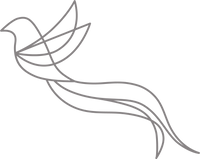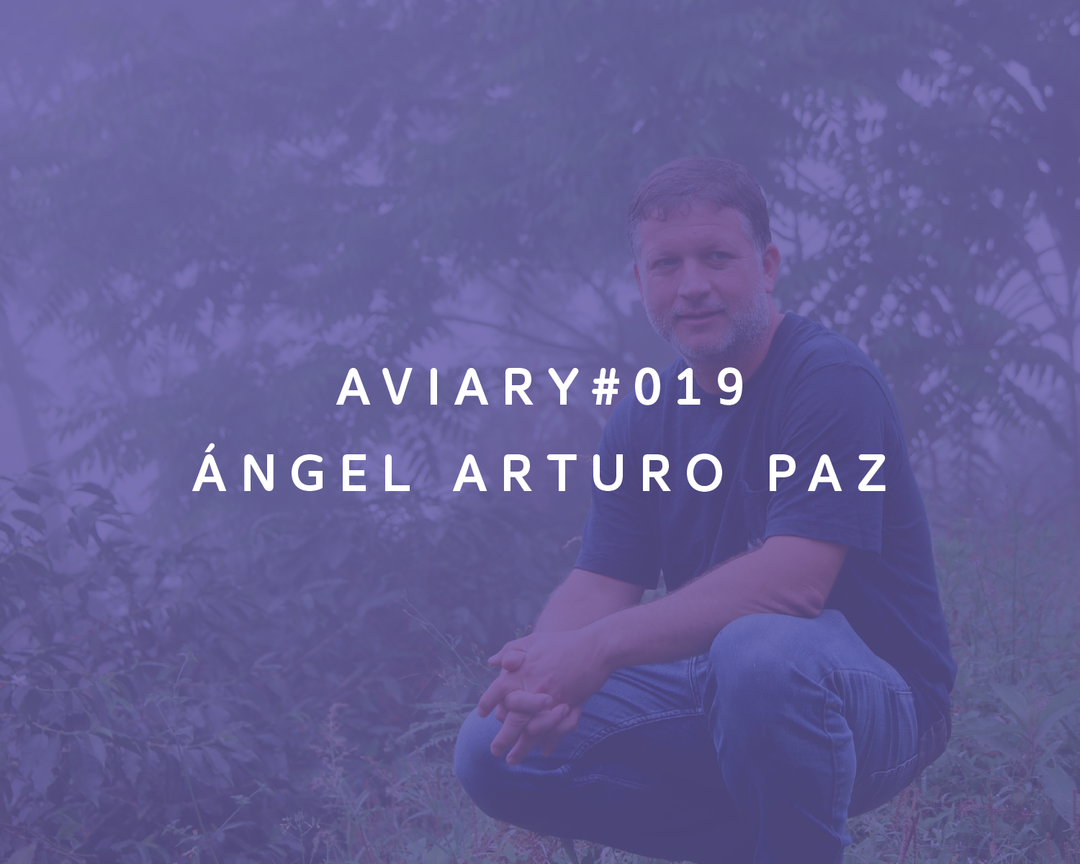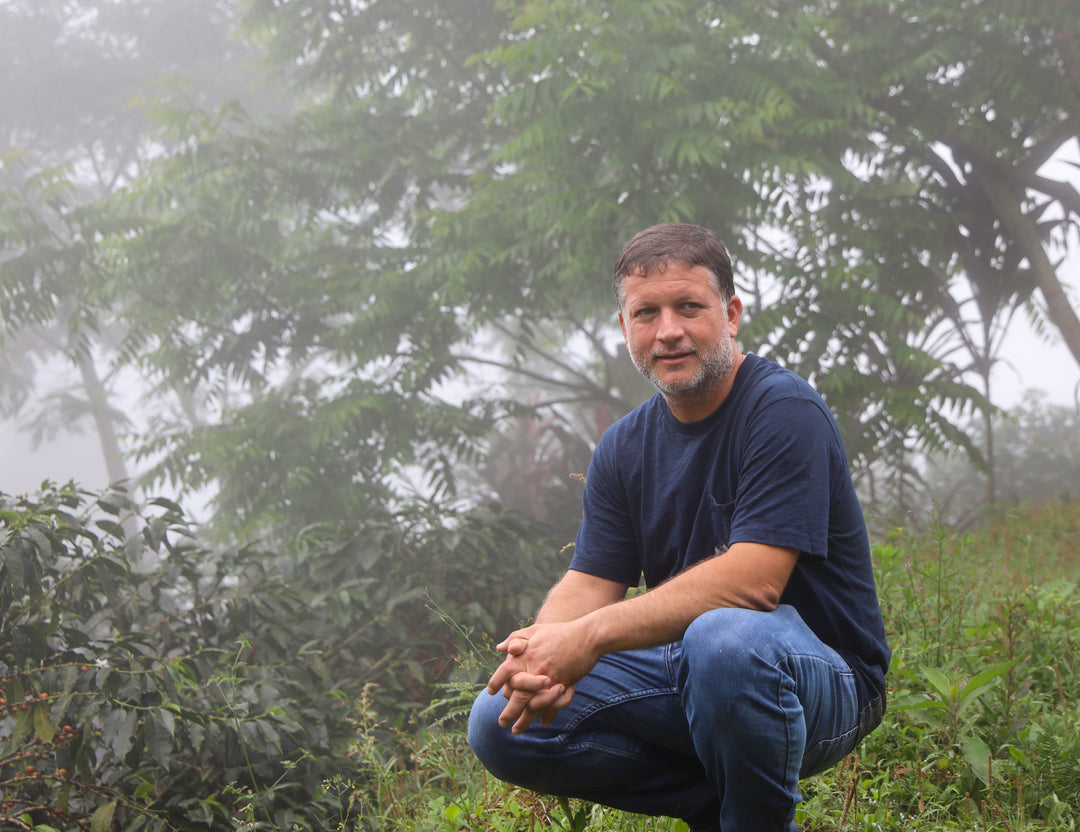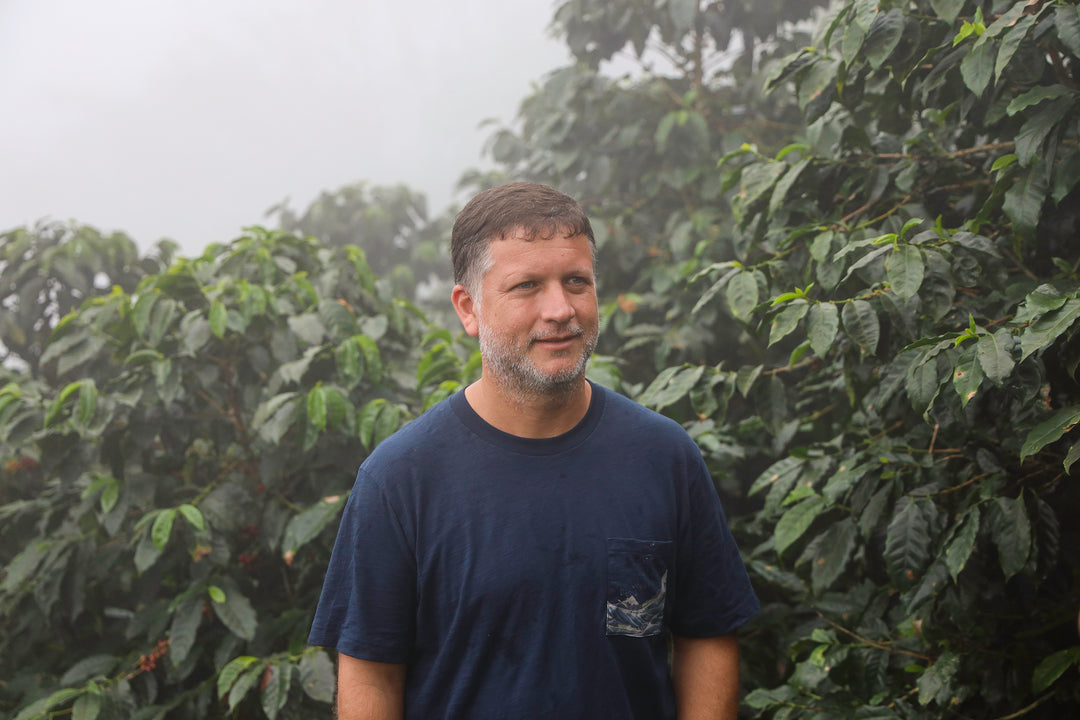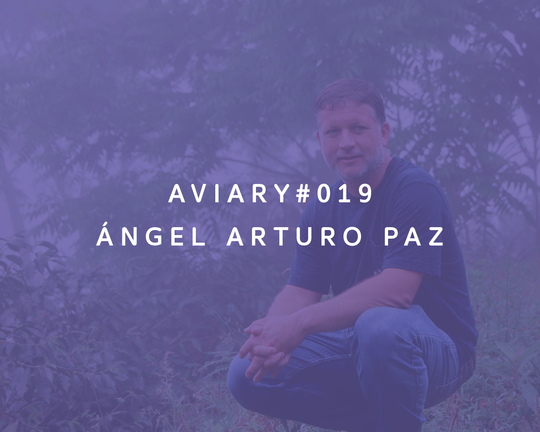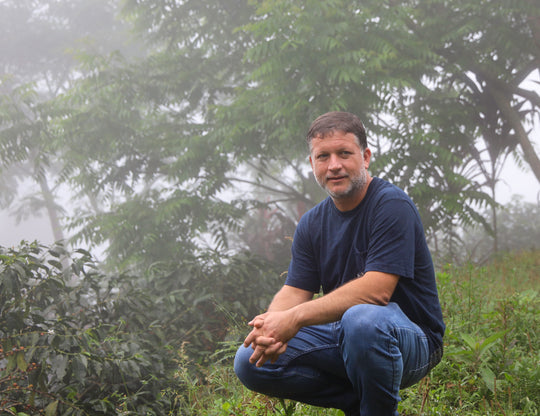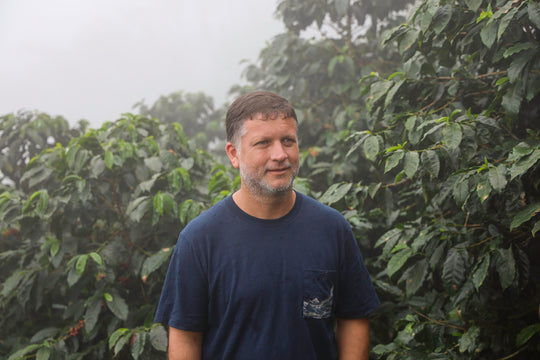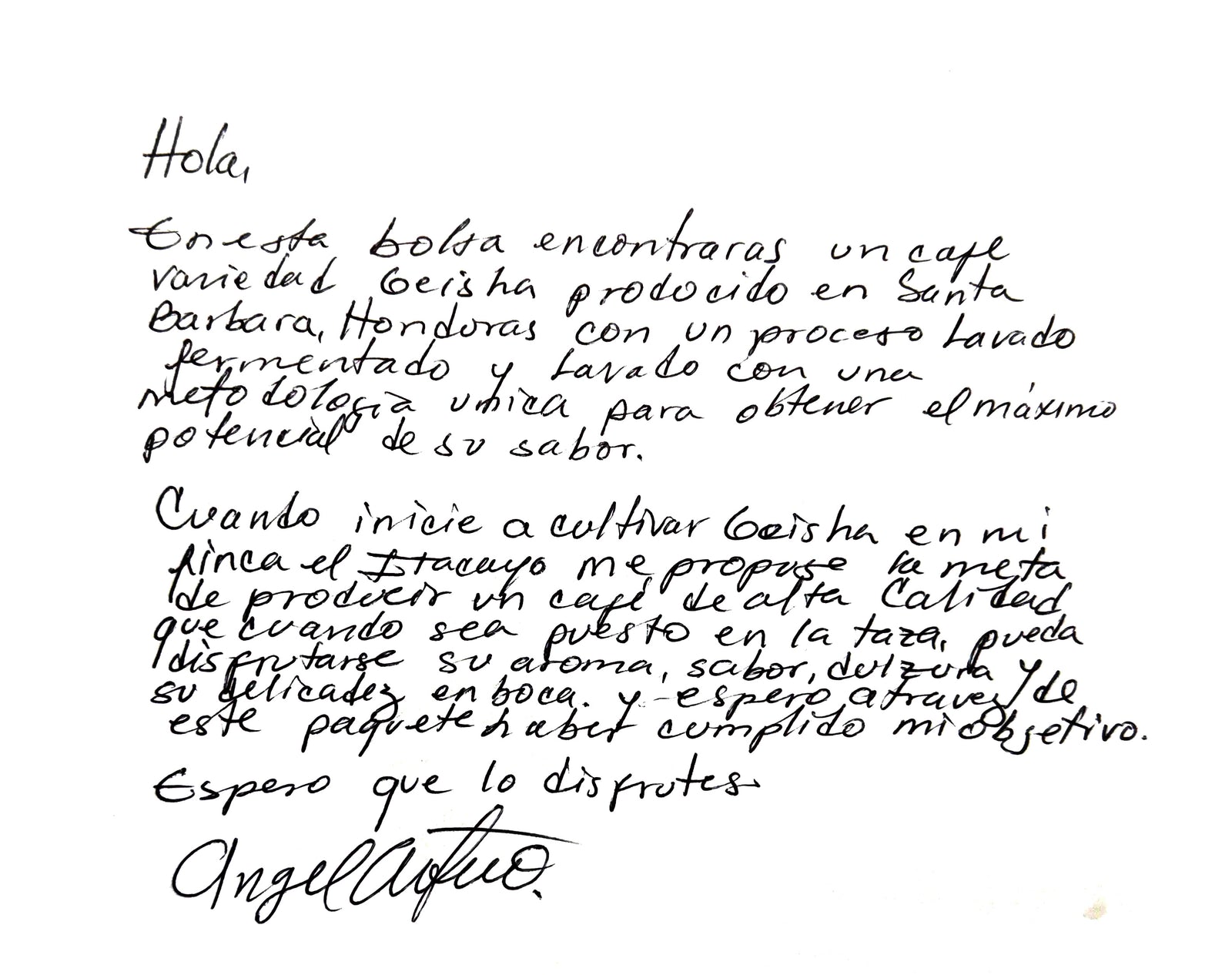019 - Ángel Arturo Paz
- Free U.S. shipping
2025 FREEZER SALE UPDATE (2025-12-17):
From Christopher: I greedily chugged my reserve box of this coffee from its initial release—my favorite of the 2025 season—and missed out on its full evolution as the coffee rested and ripened. I won't make that mistake again—which means that I'll be keeping additional boxes of this one for myself. It's a treat to be able to re-release and enjoy this one again. For this re-release, we attempted to match the style and expression of the original release, which we loved.
The tenth coffee of our 2025 comes from Cup of Excellence winner Ángel Arturo Paz, a third-generation coffee producer whose farm, El Itacayo, sits on the border of a wildlife preserve. This gesha lot—from seed sprouted from Hacienda La Esmeralda—is an Aviary exclusive and one of the first lots Arturo dried using his new drying room, presenting as a bright, juicy, structured cup with notes of orange blossom, citron, yuzu, Calamansi orange, mango, green melon, apricot and lemongrass.
From Christopher: "I first got to know Arturo Paz through his coffee, which I cupped blind on a table showcasing the 2021 Cup of Excellence winners from Honduras. His selection—a gesha from El Itacayo—placed eighth, but was my favorite of that year's top 20. I don't typically participate in COE auctions, though, and didn't have another way to buy his coffee. Because of the stature of his perhaps better-known and more outwardly jubilant cousin and Cup of Excellence legend, Benjamin, there's no shortage of demand for Arturo's coffee.
"Most of the time, there's an extreme power imbalance in the relationship between buyer and seller—even in scenarios of direct trade. While roasters may have specific interest in a coffee or producer, they have virtually unlimited other options should a coffee not meet their price, quality or availability expectations. Sellers, on the other hand, typically have limited market access or export sales channels that might create competition for their coffees and put them in a stronger posture for negotiation. But because of their reputation for quality, skill as producers and businesspeople, kindness and integrity, Arturo and Benjamin have fostered a loyal network of buyers who purchase 100% of their coffee year over year, positioning themselves to not only command the price they receive for their coffee but also decide which buyers and which companies they'd like to sell to.
"It's this upending and inversion of traditional coffee supply chain dynamics—resulting from a producer's investment in and commitment to quality—that fascinated me, even though I knew it would be unlikely that I could ever buy coffee from Arturo or Benjamin as it was already pre-contracted, in full, forever by existing clients.
"A third-generation coffee producer, Arturo and his family own and operate a dry mill and export company in Santa Barbara. In 2012, Arturo and Benjamin began planting their own plots of coffee—Arturo on the border of a wildlife preserve at elevations up to 1700 masl, creating a buffer zone protecting the wildlife and ecosystem of the rainforest and creating a wet, cool microclimate ideal for production of high-quality coffee—using Gesha seeds obtained from Hacienda la Esmeralda in Panama (originally collected from Ethiopia in the 1930s and then sent to Tanzania and Kenya, from where it made its way to Panama and infamy).
"Nearly four years after tasting his coffee for the first time, in April 2025, I met Arturo in person after an introduction at SCA Expo in Houston by my friend and colleague Kylee Clancy of Verve Coffee—longtime buyers of coffee from both Arturo and Benjamin. By then, Arturo had had collected multiple more Cup of Excellence wins (#27 in 2023, #7 in 2024, #9 in 2025) and his coffee had found its way onto the menus of some of the most-acclaimed roasteries in the U.S. After a brief conversation—where we shyly traded photos of drying rooms (Arturo had just completed building his) and ideas about how to optimize their use—Arturo suggested that he might have coffee for me to taste.
"This lot is the result of that conversation and the final of Aviary's 2025 exploration into the genetics of Gesha and Ethiopian lineage coffees—and the second lot ever dried in Arturo's dark-room. I am honored to have the opportunity to present this intensely sweet coffee that is layered with juicy notes of mango, red currant, citron, Calamansi orange, lime and yuzu that modulates to green melon and apricot sweetness and citrus as it cools."
This coffee was roasted on October 16, 2025 and December 18, 2025.
TASTING NOTES: Orange blossom, citron, yuzu, Calamansi orange, mango, green melon, apricot and lemongrass.
ROAST: Light, to accentuate the structured acidity and florality of this coffee and present its fruited character as ripe and juicy
ACIDITY: Complex, citric, structured, vibrant acidity
FUNK: Careful temperature control and monitoring during all stages of processing results in a cup that is very clean and complex
FOR FANS OF: Multi-generational producers; Cup of Excellence winners; dehydrated fruit; ecological preservation; understated brilliance
FARMGATE PRICE: self-exported
FOB PRICE: $20.00 per lb
LANDED PRICE: $21.70 per lb
This lot was produced with cherry from Arturo's farm, El Itacayo, processed at his beneficio, then milled and exported by his family company, San Vicente. Because he grew it, Arturo did not have to purchase cherry for this lot; rather, his costs are associated with the cultivation, management, harvesting, post-harvest processing, storage and export of the coffee.
Because he self-exports, Arturo received 100% of the purchase price less the shipping costs (this coffee was shipped via FedEx directly from Honduras).
During the harvest season in Honduras, the c-market experienced a record-breaking rally, closing at over $4 per pound, roughly double the previous year. This elevated export prices across Honduras as a whole; however, because of his reputation for quality and the demand for his coffee, the price paid for this coffee was disconnected from the movement of the C-market.
The export company owned and operated by Arturo's family, however, was impacted; the export company provides milling and export services to producers across Santa Barbara in addition to providing financing, agronomic training, and agricultural inputs.
Gesha coffee grown using organic methods between 1,630 and 1,730 masl at El Itacayo in Santa Barbara by Ángel Arturo Paz; selectively hand-picked at peak ripeness; sorted; floated; fermented in plastic barrels for 48h in cherry under shade with an average environmental temperature of 22ºC; pulped and fermented in barrels in mucilage for 48h under shade; washed; dried for 25 days in a temperature- and humidity-controlled drying room.
I recommend resting this coffee for 3-5 weeks from its roasted date filter brewing and 5-6 weeks for espresso-style preparation (though you may wish to try it earlier to enjoy how the coffee changes and opens over time).
As filter, I prefer a ratio of 1:17 using low-agitation methods of extraction resulting in 22-23% EY and use relatively soft water (see the FAQ on the home page for water specifics).
